Chakkulathu Kavu – Sabarimala of women
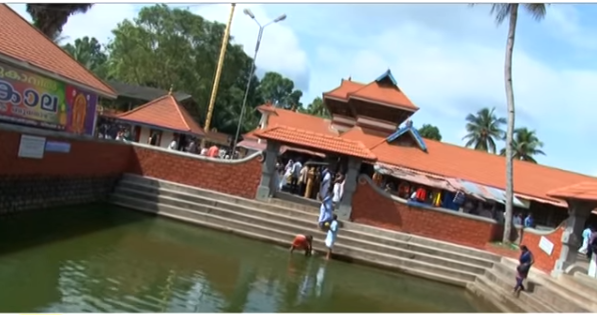
South Kerala temples are famous for pongal festivals held in Goddess temples of which Attukal Pongala and Chakkulathukavu pongala are most famous. Both these pongal celebrations exclusively belong to women where millions of ladies prepare their sweet offerings in brick hearths and earthen pots using firewood to get blessings of mother. To read more about Attukal Pongala use the link given at the bottom of the article.
Similar to Attukal Pongala, jaggery payasam is made using puzhungalari (payasam rice), sarkkara (jaggery), coconut, ghee and raisins in earthen pots to please the goddess. Every year it’s conducted in Malayalam month Vrischikam that normally falls in November/December. Temple will be overcrowded by women and ladies prepare offerings on the either sides of the streets.
Chakkulathukavu – Sabarimala of women
Still now it’s a debate topic – Attukal Bhagavathi temple or Chakkulathukavu; which one is addressed as ‘Sabarimala for women’. It’s true, Attukal Bhagavathi temple holds the Guiness book of world records for the largest women gathering for a single day and ponkala pots far exceed comparing Chakkulathukavu. But this temple is famous for ‘Naari pooja’ where men wash the feet of ladies as a part of the ritual to show their respect towards them. This ritual makes this temple so special. Panthrandu Noyampu is a type of fasting and prayer held in this temple and is very famous for.
Thrikkarthika Sun opens its eye to holy Ponkala day
Chakkulathukavu, also known as Sabarimala of women is most famous for Naripooja (where women are worshiped) and annual Pongal given as offerings to goddess. Ponkala normally falls in Vrischikam Malayalam month (November/December) on Karthika star day. When the day is celebrated around the world as Thrikkarthika with lamps, dedicated to both Goddess and Subrahmanya, Chakkulathukavu temple and its premises transform to a Yagna sala, where 1000s of wooden hearts are lighted by women and rice ponkala offered to Chakkulathamma. Apart from different districts of Kerala, devotees from neighbouring states also visit the place.
Thousands of ladies gather for the event, who wear basil leaves in their hair and light wooden hearts with prayers to goddess. They offer Ponkala to fulfill their desires, marriage, prosperity in family life etc. Ponkala of Chakkulathukavu is quite similar to Ponkal festival of Tamil Nadu, and many of Kerala Devi temples down south follow the same tradition including the famous Attukal Devi temple of the state capital. Pongal is celebrated in the firm belief that when Thai Month is born after Markezhi, prosperity fills the whole atmosphere. Similar to welcoming Chingam in Kerala, Tamilians burn and destroy old clothes and equipment, and clean home and premises to welcome Thai month. This custom is called Bogi Pongal, which marks the beginning of festival season. Karthika pillar (Karthika Sthambham) and decoration of lamps in Chakkulathukavu are quite similar to the customs followed by Tamilians during Bogi Pongal and celebrations associated with it.
Karthika Sthambham and other rituals on Ponkala day
Decoration of Karthika Sthambham is also done in a unique way. In an old pillar, dry leaves of plantain and aracanut trees and tried, followed by old leaves, clothes, crackers and a few more things. All these things are hung to the pillar to represent evil and sin of the whole desam. In the presence of goddess, the pillar is set to fire. When the flame subsides, it’s believed to bring prosperity and goodness to all.
Ponkala day begins with Ganapati Homam and Nirmalya Darshanam, followed by Vilichucholli Prarthana and inauguration of Ponkala by lighting a hearth. Before that lamp is lighted to mark the beginning of the event. It’s normally done by some celebrity belonging to art or political field. Pandara Adupp (main hearth) is lighted by main priest,and later transferred to other hearths. Ponkala ceremony is completed by Nivedyam in the forenoon and devotees return to their homes. Divyabhishekam and Noon Deeparadhana will be held after that. Both these customs are unique for this temple. Abhishekam is done using milk, tender coconut, rose water, turmeric and vermilion separately. After that the special ‘Ucha Aradhana’ is conducted. Devotees believe that darshan of goddess after Deeparadhana and Alankara Pooja wash off all their sins.
Sanskrarika Sammelanam (religious conference) will be held in the evening. Karthika Sthambham is set to fire after that, exactly at the same of lighting lamps for Karthika Vilakk. Pandrandu Noyambu Ulsavam is another major event following the ponkala festival, followed by Nari Pooja, Kalasam and Thiruvabharana Procession. During Pandrandu Noyambu Ulsavam, devotees visit the temple with bundles in head (similar to Sabarimala).
A small note on the legend 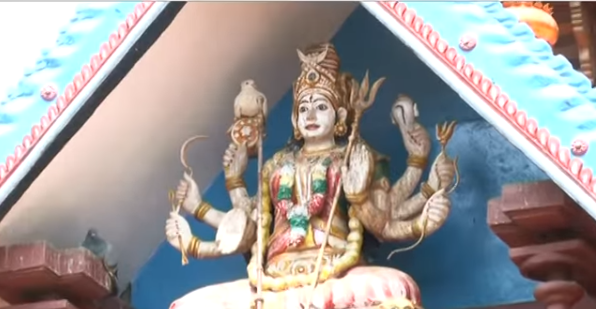
Now let me tell you the story behind this ponkala offering. The story is related to a hunter family who keeps a little amount of prepared food for goddess everyday. They prepare food in earthen pots and one day, since they returned late from woods they couldn’t prepare food. Hunter felt extremely sad and asked pardon to the goddess for the delay. But he found that goddess had prepared food for his family. Remembering this occasion, her devotees prepare food for her in earthen pots to please her. It’s believed that Chakkulathamma along with her devotees together prepare Ponkala dishes. Surprisingly the number of devotees is seeing sharp increase every year.
Nari Pooja and other major rituals
Divinity in women – In a male-dominant nation, only a few temples pay respect to women and divinity in them. Today newspaper columns are filled with physical abuses towards women and hence Nari Pooja owns a significant place in the cultural map of Kerala. Here, women are assumed to be goddesses and men worship them. Women will be made seated in decorated stools (of less height) and their feet are washed off.
First Friday of every Malayalam month is dedicated for one special purpose – A spiritual method to get rid off the bad habit of drug/liquor addiction. Accompanied by elephants, Goddess will be brought out of the temple in procession. After that devotees offer prayers, and the addicts touch goddess’ weapons and swear that they won’t take liquor again. Many devotees have get rid of their bad drinking habit this way, and thus goddess have saved many families from drowning.
You can read a few more articles on Kerala temples, with detailed description of legends and celebrations associated with them. Here is the page link. Click on the images in the gallery to read
(Visited 1,037 times, 1 visits today)


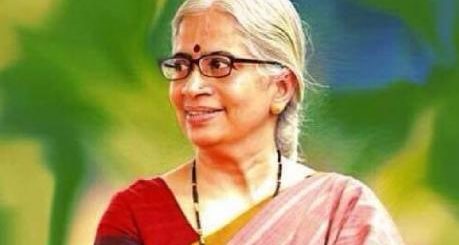
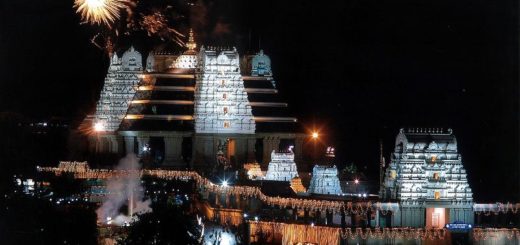
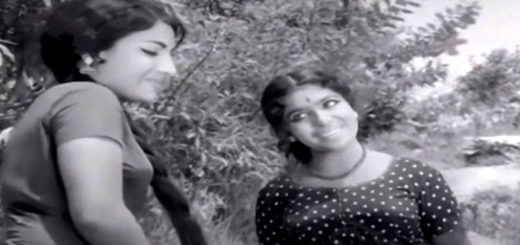

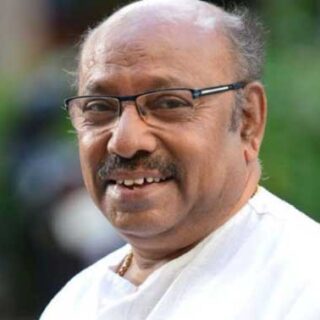

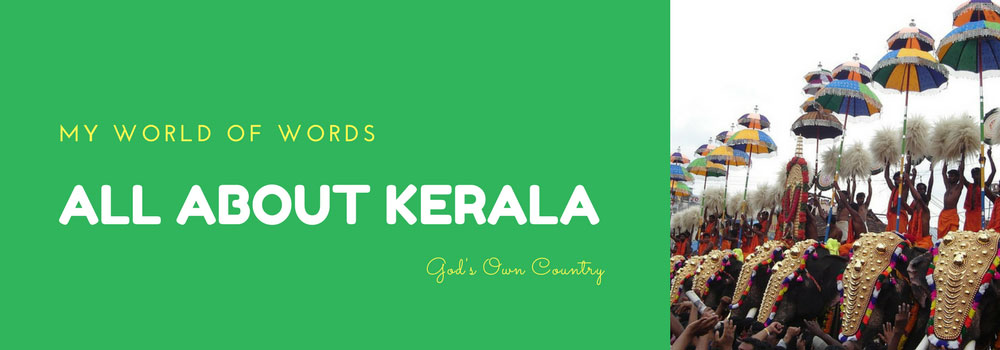
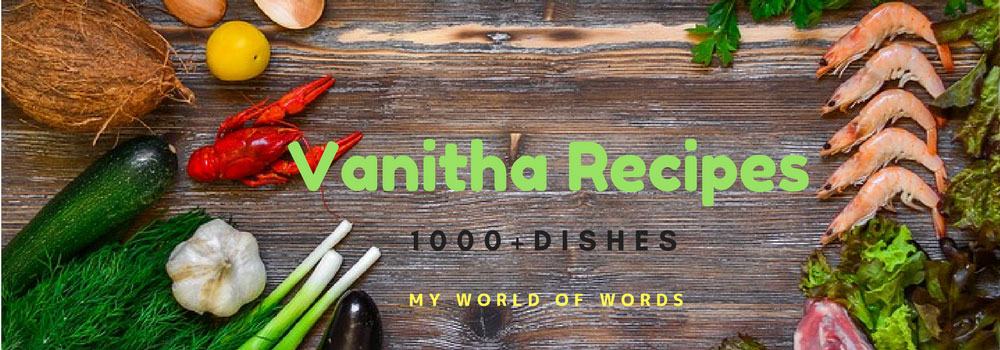
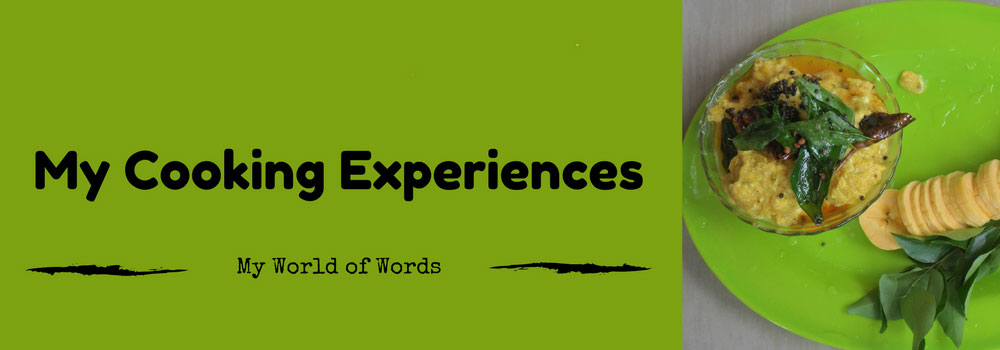


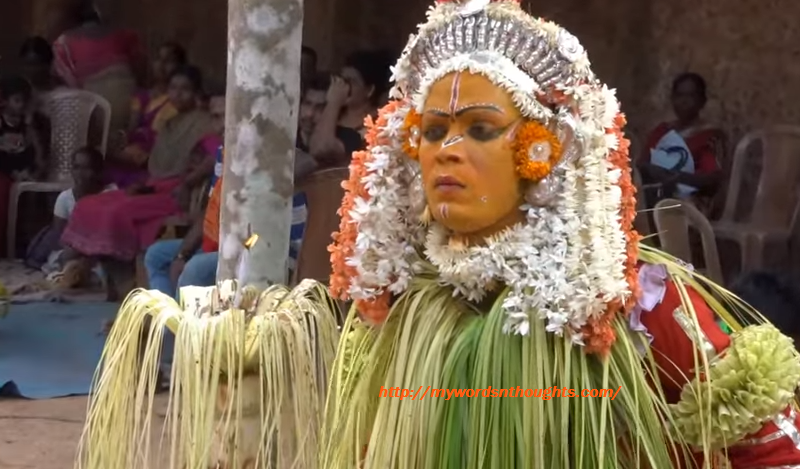
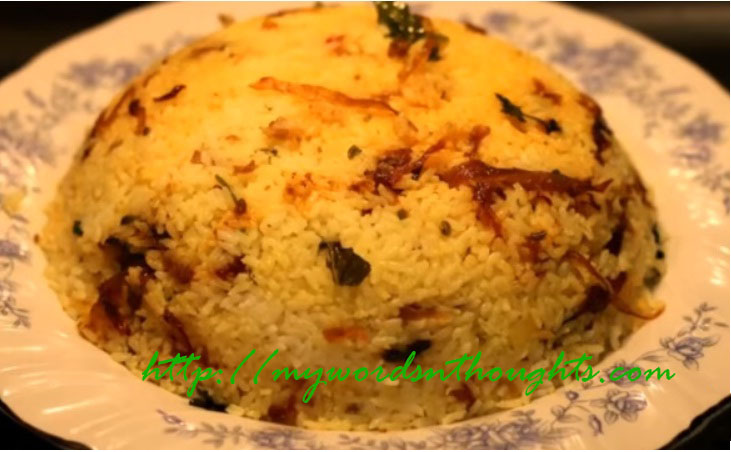
Recent Comments